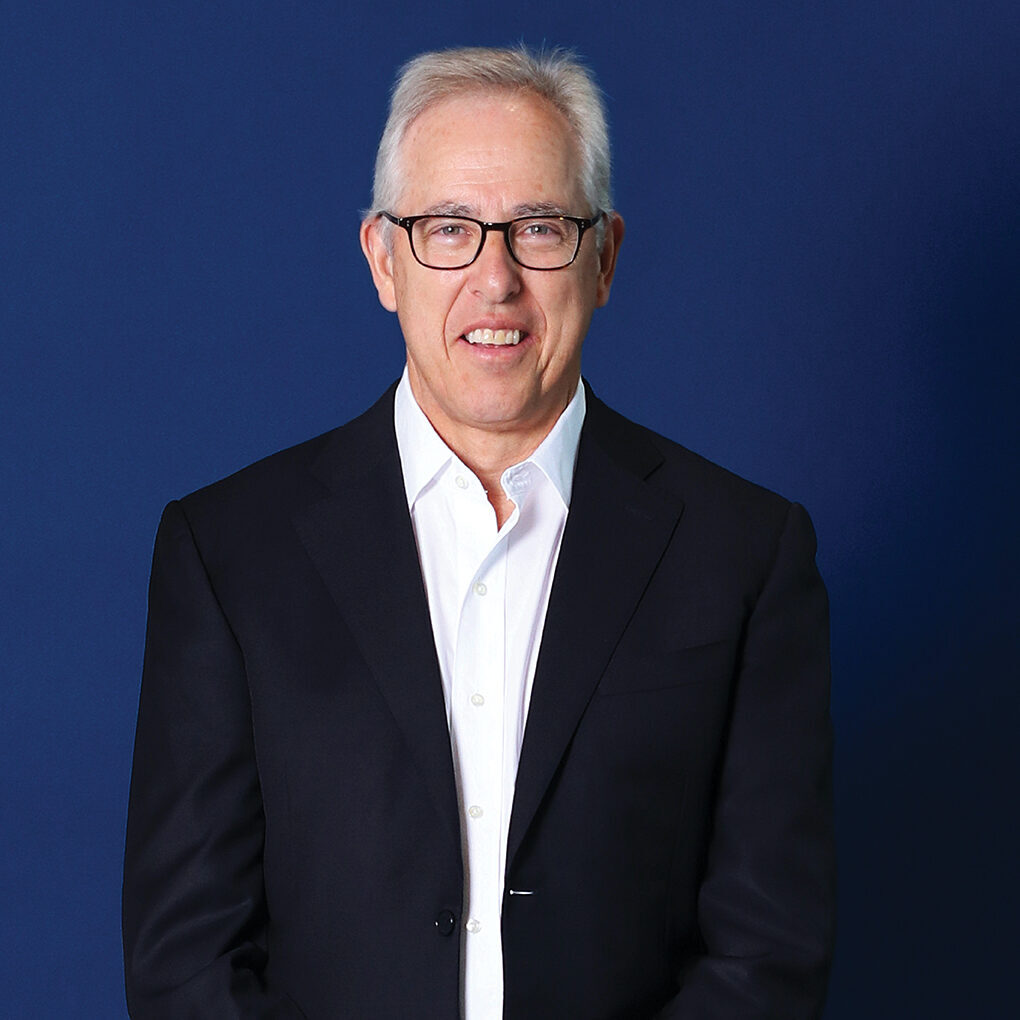
Fast Facts
- Cancer is a leading cause of death by disease in adults and children in Australia
- More than 145,000 Australians were diagnosed with cancer in 2020
- In 2020 nearly 50,000 Australians died from cancer
- Cancer was the leading cause of death for children aged 1–14 between 2015– 2017
Cancer researcher and Director of the Harry Perkins Institute of Medical Research, Professor Peter Leedman AO has supported a call for a national network of comprehensive cancer centres, where research, cancer trials and holistic patient care are combined to drive better patient outcomes.
A national network of specialised cancer centres is being considered in the development of the Federal Government’s Australian Cancer Plan and was recently discussed at a meeting of the leaders of cancer centres from across Australia.
Professor Leedman, said a truly comprehensive cancer centre in WA would help overcome the disparity that exists between patient outcomes in different regions and between different types of cancers.
“Evidence shows that comprehensive cancer centres like Victoria’s Peter MacCallum Cancer Centre can overcome disparity and deliver better outcomes for patients as well as provide them with a much better cancer journey.
“While Australia has some of the best survival rates in the world with five-year survival for all cancers at 69 percent, patients in regional and rural Australia had a 7percent higher cancer mortality compared with those in metropolitan centres.
“Nationally that equates to 9,000 cancer deaths,” he said.
“And although the survival rates for many cancers have improved, for some cancers they have not.
“For example, the five-year survival rates from 2013-2017 did not improve for patients with liver cancer, which hovers around 24 percent, brain cancer 22 percent, pancreas 14 percent; and mesothelioma remains heartbreakingly low at only 8 percent.
“As Western Australians, we know significant numbers of people live more than two hours from our major hospitals. We need a plan that addresses some of the disparities in cancer outcomes caused by our geography.
“It is unacceptable that people living in rural and remote areas are 20-30 percent more likely to die within five years of a cancer diagnosis than those in metropolitan areas,” he said.
However, geography alone is not the only reason patients experience different outcomes.
“People living in remote areas often have limited access to primary healthcare services and educational and employment opportunities.
“People in lower socioeconomic groups are more likely to participate in behaviours that increase the risk of cancer such as smoking and alcohol use, have poorer nutrition and are less likely to participate in screening programs.
“The high proportion of Aboriginal people living in regional and remote areas, over 60 percent, contributes to lower cancer survival rates and higher exposure to risk factors for cancer compared with non-Aboriginal people.
“Western Australia does not have a truly comprehensive cancer centre where cancer research is combined with trials of new treatment options, where all aspects of patient care including screening and testing services, complementary medicine, support services and training and education for health professionals is provided in one location.
“A comprehensive cancer centre in WA would increase access to a model of care proven to produce better outcomes. It would also reduce the need for some Western Australian patients to travel east for their care,” Professor Leedman said.
Cancer Australia CEO, Professor Dorothy Keefe, said a national network of cancer centres had been proposed at the Ministerial Roundtable that kicked off the development of the Australian Cancer Plan (ACP).
“At the heart of the ACP is a commitment to achieving equity in cancer outcomes, with a vision of world-class cancer outcomes and experience for all Australians, with nobody left behind.
“Our geography is an ongoing challenge for delivery of coordinated and equitable cancer care in Australia,” she said.
Professor Keefe recently chaired a national meeting for leading cancer research institutes and cancer specialists. It was agreed a national network of comprehensive cancer centres would provide a ‘highway of communication’ across Australia that supports all patients.
“The opportunity to improve and increase access for patients to personalised care that is informed by research and that provides patients a far better cancer journey is critical for better outcomes.
“Partnering and collaboration between large and small centres within a state and across Australia, between primary and tertiary care, with the patient at the centre is key to reducing the disparity that currently exists for different patients and for different types of cancers,” she said.
Australian Cancer Plan https://www.canceraustralia.gov.au/australian-cancer-plan
Media Contact: [email protected]
